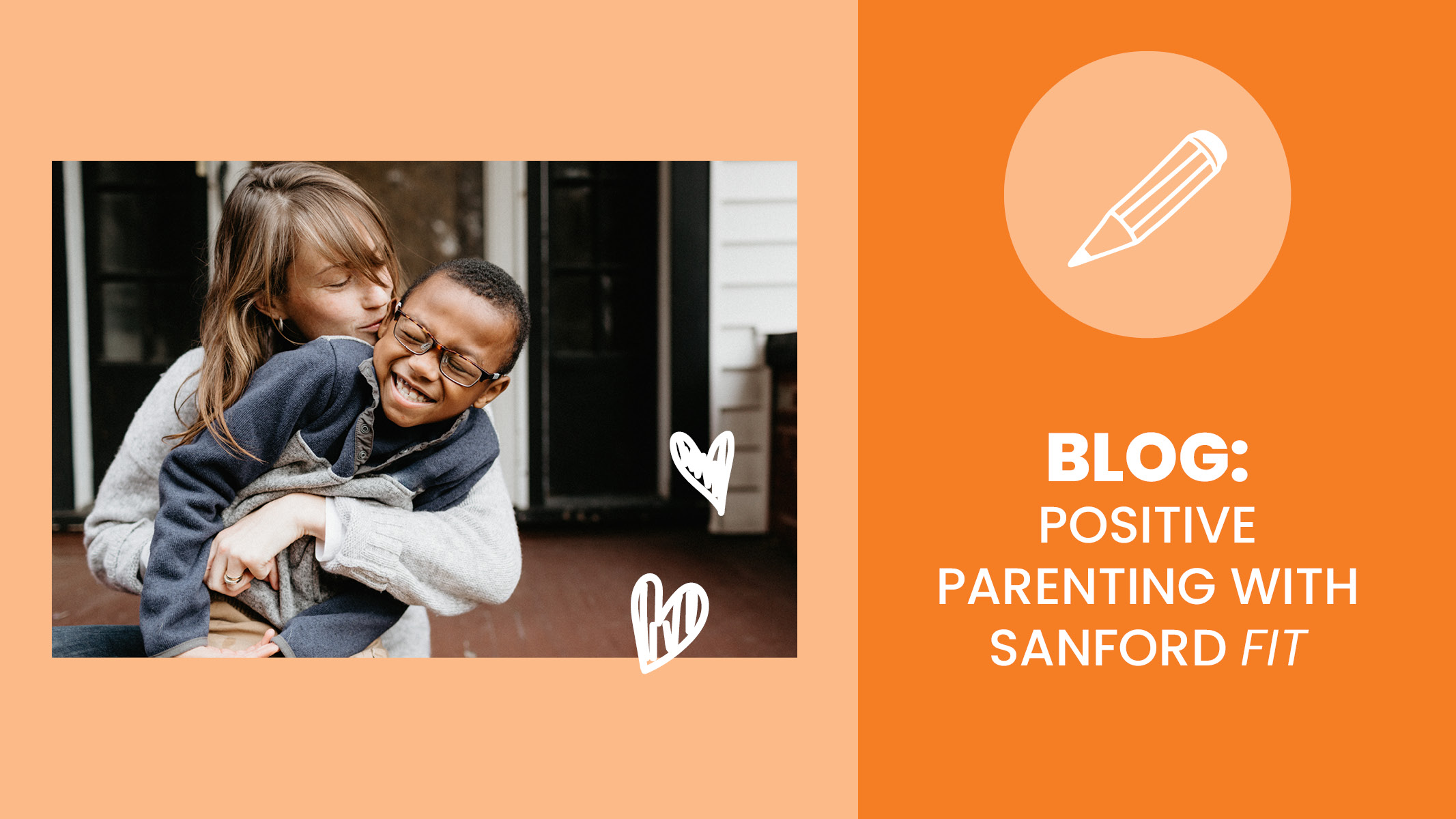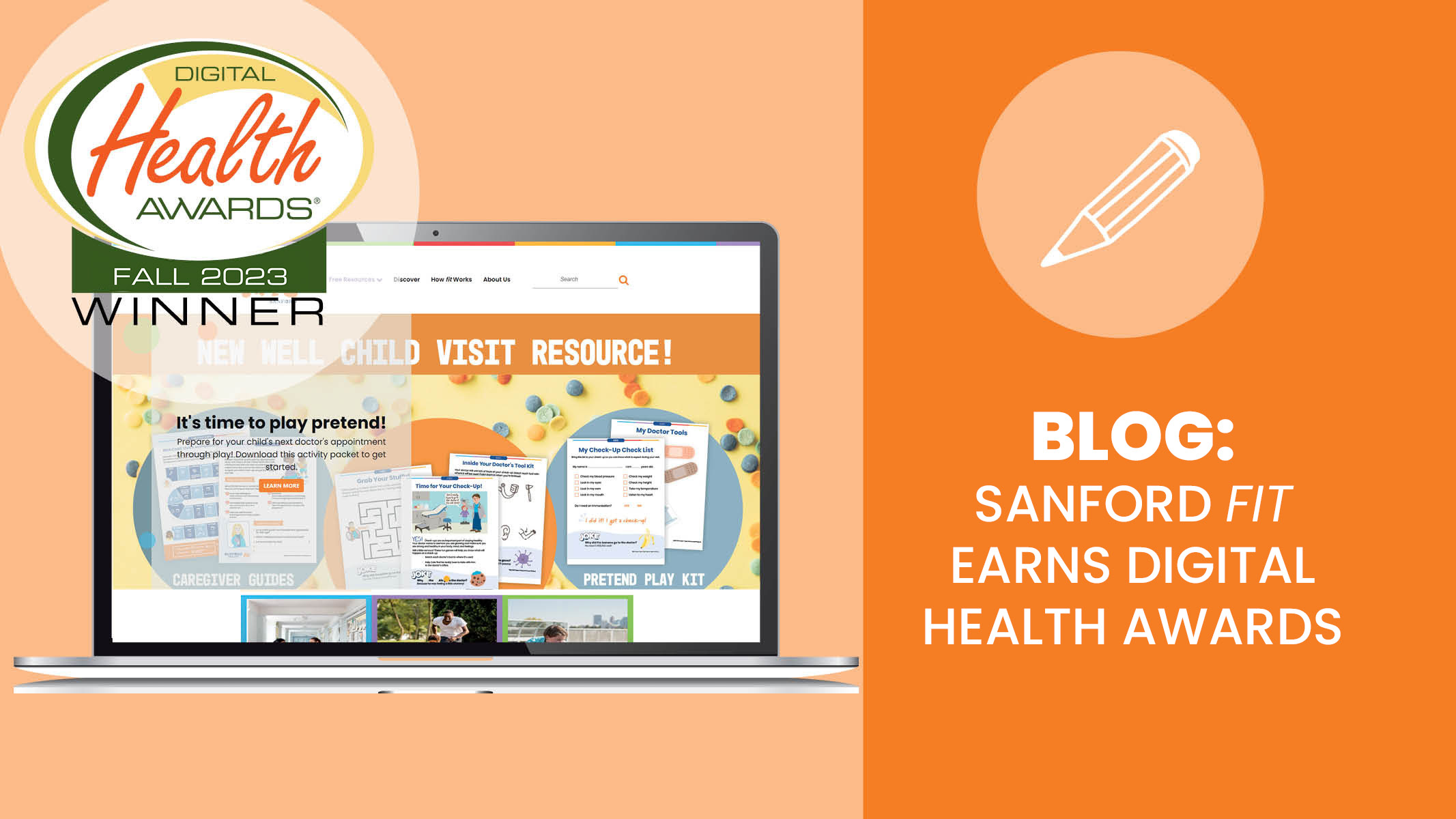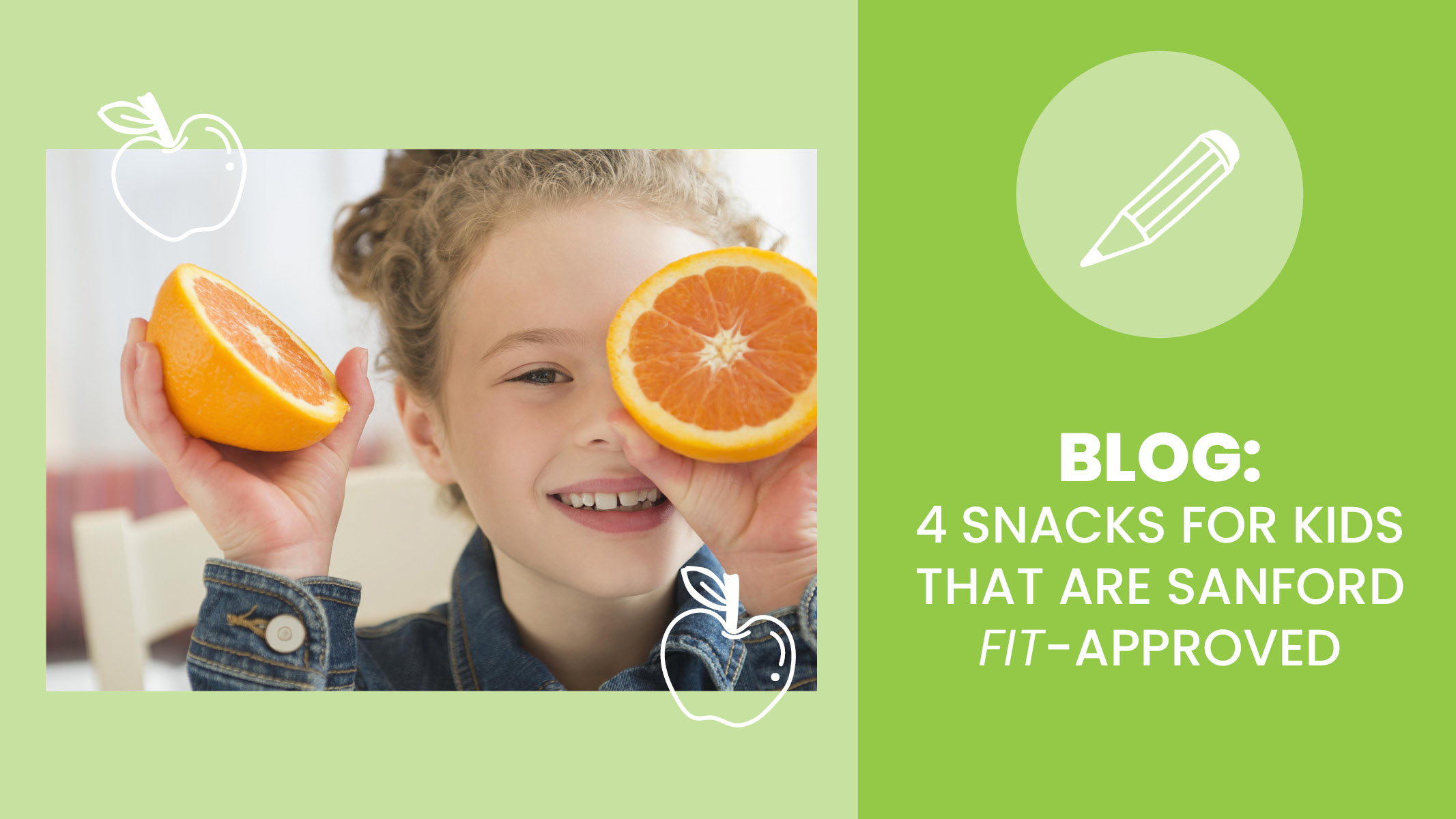Every parent and caregiver wants to provide a nurturing and loving environment. When children feel loved, supported, and safe, they are more likely to develop healthy habits that last a lifetime. But as a parent, how can you ensure that you’re providing the best environment?
Positive parenting is a powerful tool that helps shape children’s well-being and can help support kids in making healthy choices that last a lifetime. This parenting approach can help boost your child’s confidence, self-worth, and give them a positive outlook while giving them a sense of trust and security which promotes healthy choices.
But what are some actionable steps you can take to create this environment in your home? First, be sure to prioritize self-care to provide a positive example for your child. Children tend to imitate the behavior of their parents or caregivers, so modeling healthy habits can have a direct impact on your child’s choices.
Using fit’s four pillars – Recharge, Mood, Food, and Move – here are some practical strategies for how you can adopt positive parenting.
Recharge:
- Try to create and maintain a routine that provides structure and stability for your child. Check out how you can start forming healthy bedtime habits for better sleep here.
- Recharging by spending quality time together is a great way to build connections with your kids. Using positive parenting techniques all throughout the day, not only a bedtime, can help reduce challenging behaviors. Spend quality time together during the day and give your kids undivided attention so they may be less likely to seek it out and stall at bedtime.
Mood:
- Try to regularly communicate with your child and practice active listening skills to create meaningful interactions that develop trust and self-worth. For help starting conversations with your child, check out these Chit Chat Conversation Cards.
- Practice empathy and validation to help your child identify and navigate their feelings.
- Encourage a growth mindset in your child. For tips on building a growth mindset, check out this article.
- Practice positive self-talk together to boost confidence and motivate your child’s mood.
Food:
- If possible, try to offer a variety of foods like the MyPlate Meal Activity shows. Fueling kids’ bodies and brains will give them the energy and motivation to make healthy choices.
- Foster conversations with your child about food and take them to the grocery store to expose them to more foods. For more guidance on navigating these conversations, check out this article.
- Trust your child’s eating intuition and let them make age-appropriate decisions. For guidance on serving sizes versus portions, read this article. This will help them develop independence and self-confidence.
- Try to avoid talking about food as good or bad. All food and beverages provide fuel for our bodies and brains, some are just more nutritious than others. Keeping food talk positive can help kids build a healthy relationship with food long-term.
Move:
- Try introducing fun activities together such as family walks, bike rides, or active playtime. For more ideas on how you can add regular physical activity to your family’s lifestyle, check out this article.
- Talk with your child about how they feel when they move their bodies. What movements feel good to them? Once they have an idea, support and encourage their preferences and interests in any activity they enjoy.
- Talk about health and fitness habits as a family and how important they are in your life. If you want to inspire your kids to love movement, you need to help them understand what moving their bodies can look like and how good movement and exercise can feel. Avoid talking about exercise as a chore or something you don’t enjoy doing to create a positive culture of fitness at home.
Positive parenting can encompass many different strategies, but by following the tips above, you can lay the groundwork for your child’s lifelong well-being. Ultimately, giving your children a nurturing and loving environment will enable them to grow into healthy, confident individuals who are equipped and empowered to make healthy choices.
Ready for More? You Might Also Like:
Everything You Need to Know about Self-Care
I Am Loved: 30+ Encouraging Printable Lunch Box Notes
Easy Ways to Help Kids Make Healthy Choices


